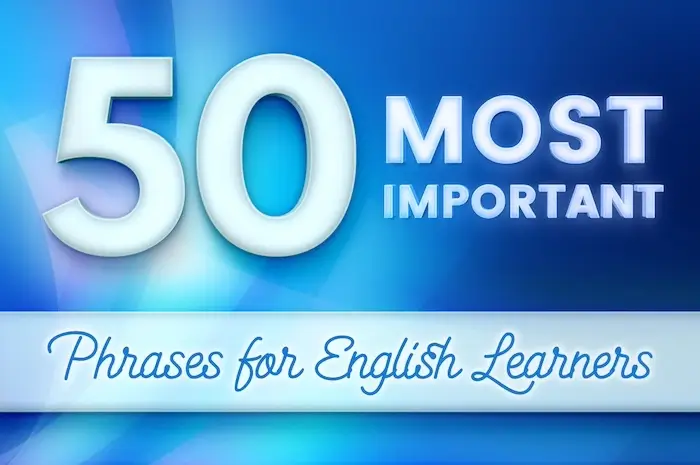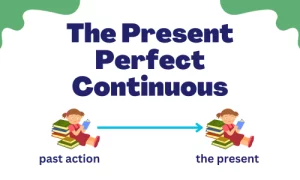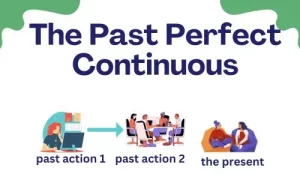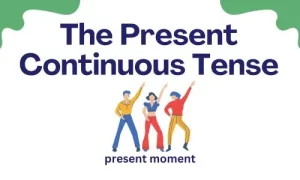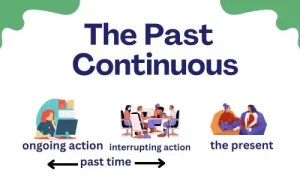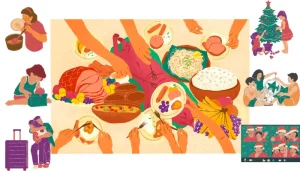English is a language with a rich and diverse vocabulary, but when it comes to daily communication, there are some phrases that consistently make their way into our conversations. These phrases are not only essential for effective communication but also serve as building blocks for more complex sentences and expressions. Today, we will explore the 50 most common English phrases, providing examples and insights into their usage.
Greetings and Introductions
- Hello: This simple greeting is a universal way to start a conversation. “Hello, how are you?”
- Good morning: Use it to greet someone in the morning. “Good morning, have a great day!”
- Good afternoon: A polite greeting for the midday hours. “Good afternoon, how can I help you?”
- Good evening: Appropriate for evening greetings. “Good evening, it’s nice to see you.”
- Good night: Said when parting in the evening or before bedtime. “Good night, sweet dreams.”
- How are you?: A common way to ask about someone’s well-being. “How are you feeling today?”
- What’s your name?: A basic question to inquire about someone’s name. “What’s your name, by the way?”
- Nice to meet you: A polite response when meeting someone for the first time. “Nice to meet you, too.”
Politeness and Gratitude
- Please: A polite word to request something. “Please pass the salt.”
- Thank you: Expressing gratitude. “Thank you for your help.”
- You’re welcome: A polite response to “thank you.” “You’re welcome; it was my pleasure.”
- Excuse me: Used to get someone’s attention or apologize. “Excuse me, can you help me?”
- I’m sorry: Apologizing for a mistake or to express sympathy. “I’m sorry for your loss.”
Related:10 ways to make language learning fun for beginners
Affirmative and Negative Responses
- Yes: An affirmative response. “Yes, I’d like some coffee.”
- No: A negative response. “No, thank you. I’m not hungry.”
- Maybe: Expressing uncertainty. “I’ll maybe come to the party.”
Expressing Emotions and Preferences
- I love you: Expressing affection. “I love you more than anything.”
- I hate it: Expressing strong dislike. “I hate broccoli.”
- I like it: Expressing a preference. “I like the color blue.”
- I want: Expressing desire. “I want to go on vacation.”
- I need: Expressing necessity. “I need to buy some groceries.”
Seeking Information
- Can I help you?: Offering assistance. “Can I help you find something?”
- What time is it?: Asking for the current time. “What time is it now?”
- Where are you from?: Inquiring about someone’s place of origin. “Where are you from originally?”
- How much is this?: Asking about the price of an item. “How much is that book?”
Describing Conditions
- I don’t understand: Admitting confusion. “I don’t understand this math problem.”
- I’m lost: Expressing confusion or being physically lost. “I’m lost; can you help me find my way?”
- I’m tired: Expressing fatigue. “I’m tired after a long day at work.”
- I’m hungry: Expressing hunger. “I’m hungry; let’s grab some lunch.”
- I’m thirsty: Expressing thirst. “I’m thirsty; can I have some water?”
- I’m bored: Expressing lack of interest. “I’m bored; let’s do something fun.”
- I’m excited: Expressing enthusiasm. “I’m excited about the upcoming trip.”
- It’s raining: Describing the weather. “It’s raining, so bring an umbrella.”
- It’s hot: Describing the weather. “It’s hot outside; stay hydrated.”
- It’s cold: Describing the weather. “It’s cold; wear a warm coat.”
- It’s sunny: Describing the weather. “It’s sunny today; perfect for a picnic.”
Time and Availability
- I don’t have time: Expressing a lack of availability. “I’d love to, but I don’t have time right now.”
- I have to go: Announcing departure. “I have to go; it’s getting late.”
- I’ll be back: Promising to return. “I’ll be back in a few minutes.”
- I’m running late: Notifying about a delay. “I’m running late for our meeting.”
- I’m on my way: Informing someone you’re en route. “I’m on my way to the party.”
- I’m almost there: Indicating proximity. “I’m almost there, so please wait for me.”
Partings and Wishes
- Take care: Wishing someone well. “Take care on your trip.”
- See you later: Saying goodbye. “See you later; have a great day.”
- Have a good day: Wishing a pleasant day. “Have a good day at work.”
- Happy birthday: Wishing someone a joyful birthday. “Happy birthday; enjoy your special day.”
- Merry Christmas: Offering holiday greetings. “Merry Christmas to you and your family.”
Related:15 language learning games that makes learning fun
Reactions
48. I see: This is used to acknowledge that you have understood something.
49. Really?: This is used to express surprise.
50. Wow!: This is used to express amazement or admiration.
These 50 common English phrases form the foundation of everyday communication. Whether you’re engaging in small talk, expressing your feelings, or navigating various situations, mastering these phrases is essential for effective communication.
image source:https://www.phrasemix.com/

